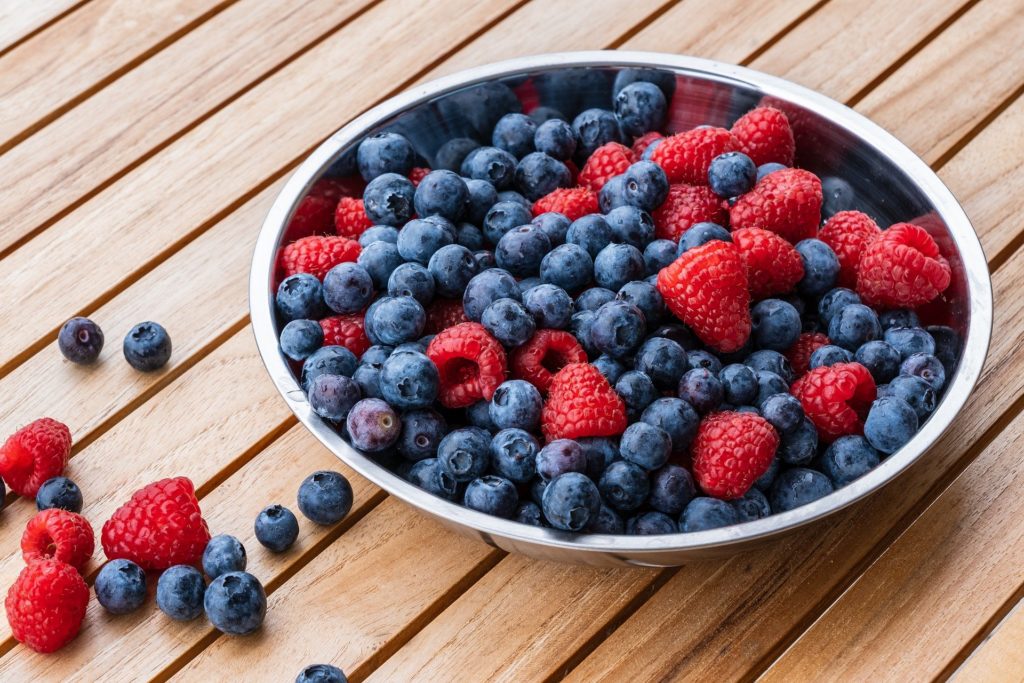 The brain receives a soup of chemicals via the bloodstream that enable it to function. Find out which foods provide key brain-healthy nutrients, which of the recipes are super-healthy for the brain, and what foods you’ll need to avoid to lower the risk of disease.
The brain receives a soup of chemicals via the bloodstream that enable it to function. Find out which foods provide key brain-healthy nutrients, which of the recipes are super-healthy for the brain, and what foods you’ll need to avoid to lower the risk of disease.
1.Eggs

Eggs are a rich source of choline, which is vital for the production of one of the brain’s neurotransmitters, acetylcholine. What’s more, a study has shown that proteins similar to those found in egg whites stimulate brain cells that help us stay awake and alert.
2.Berries

Studies found that eating anthocyanin-rich foods improves verbal learning and memory. And also found that eating two servings of berries a week can slow down age-related cognitive decline. All red and blue berries contain anthocyanins— they’re responsible for their color.
3.Tea and coffe

Many studies link a higher intake of caffeine (present in tea and coffee) to a lower risk of dementia. One of these studies found that women with high caffeine intakes had less cognitive decline over 4 years than those consuming low amounts.
4.Leafy greens

Folate is a B vitamin that’s vital for brain function and emotional well-being. A study found a supplement of folate reduced brain shrinkage in adults at risk of dementia. Spinach, brussels sprouts, and kale top the folate list.
5.Fish

One of the omega-3 fats found naturally in fish—DHA—is vital for brain function throughout life. All fish, including whitefish and shellfish, contain this omega-3 fat, but oily fish are the richest source, with mackerel ranking at the top.
Foods to avoid
Evidence suggests risk factors for Alzheimer’s disease and dementia are similar to those for heart disease, so a heart-friendly diet that limits sodium and saturated and trans fats is also brain-friendly.
- Sodium High sodium intake increases the risk of high blood pressure, which in turn increases the risk of having a stroke. Don’t add salt during cooking or to meals, limit processed foods, and choose lower-sodium options wherever possible.
- “Bad” fats Several, although not all studies, indicate negative relationships between saturated and trans fat intake and risk of cognitive problems. One study showed high intakes of saturated fat (26g a day) were linked to double the risk of developing Alzheimer’s disease as those eating 13g a day.






